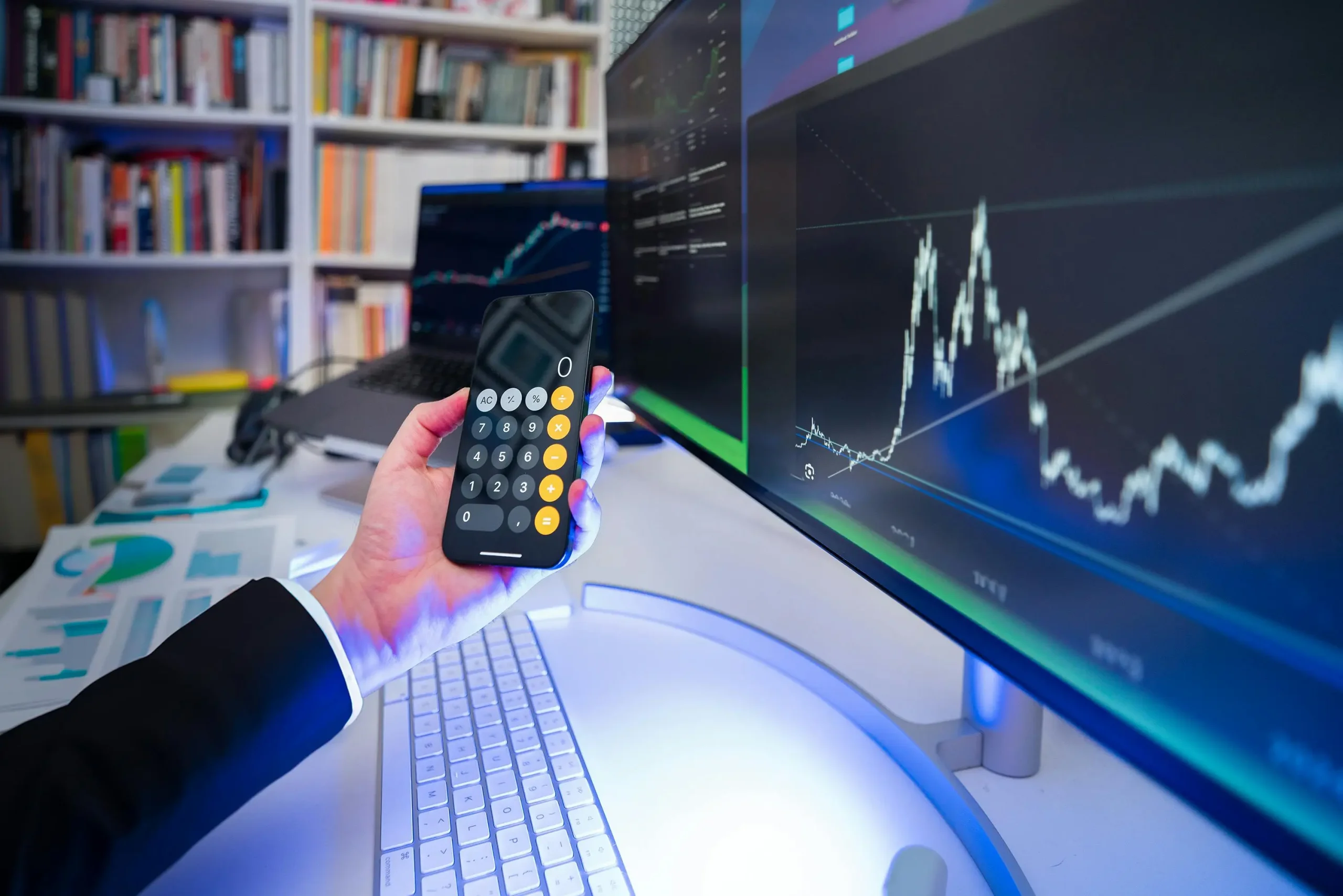
Managing your personal finances can be overwhelming, but thankfully, there are many apps designed to help you budget, save, track expenses, and plan for your financial goals. Using the right personal finance app can simplify your money management and keep you on track. This article explores some of the best finance apps available and how they can help you.
Why Use Personal Finance Apps?
Finance apps help you:
-
Track your spending in real-time
-
Create and stick to budgets
-
Set and monitor savings goals
-
Manage bills and payments
-
Analyze financial habits to improve money management
Using these tools can make your financial life more organized and reduce the stress of managing money manually.
Top Personal Finance Apps
1. Mint
Mint is one of the most popular free budgeting apps. It connects to your bank accounts, credit cards, and bills to provide a complete picture of your finances. Features include budget creation, bill reminders, and free credit score monitoring.
2. YNAB (You Need A Budget)
YNAB is designed around a proactive budgeting approach that helps you give every dollar a job. It encourages users to plan ahead and save for future expenses. YNAB offers educational resources but comes with a subscription fee after a free trial.
3. PocketGuard
PocketGuard simplifies budgeting by showing how much you can safely spend after accounting for bills, goals, and necessities. It categorizes expenses automatically and helps prevent overspending.
4. Personal Capital
Personal Capital focuses on both budgeting and investment tracking. It’s ideal for people who want to monitor their net worth, retirement plans, and cash flow all in one place. The app offers free tools and optional advisory services.
5. Goodbudget
Goodbudget is based on the envelope budgeting system, where you allocate money into virtual envelopes for categories like groceries or entertainment. It’s user-friendly and allows syncing across devices for couples or families.
6. Wally
Wally is great for tracking expenses and income manually. It’s simple and effective if you prefer entering data yourself rather than linking accounts. It also supports multiple currencies for international users.
How to Choose the Right App
-
Assess your needs: Do you want automated tracking or manual entry? Budgeting only or investment tracking too?
-
Consider your budget: Some apps are free, while others require subscriptions.
-
Look for security: Make sure the app uses strong encryption and privacy policies.
-
Ease of use: Choose an app with a user-friendly interface that fits your style.
Tips for Using Finance Apps Effectively
-
Link all your financial accounts for a complete view.
-
Set realistic budgets and savings goals within the app.
-
Review your financial reports regularly to spot trends.
-
Use alerts and reminders to avoid late payments or overspending.
-
Keep your app updated to access new features and security improvements.
Conclusion
Personal finance apps are powerful tools to help you take control of your money. Whether you want a simple budget tracker or a comprehensive financial planner, there’s an app to suit your needs. Experiment with a few and find the one that motivates you to stay on top of your finances. Using these apps consistently can help you save more, spend wisely, and plan confidently for the future.
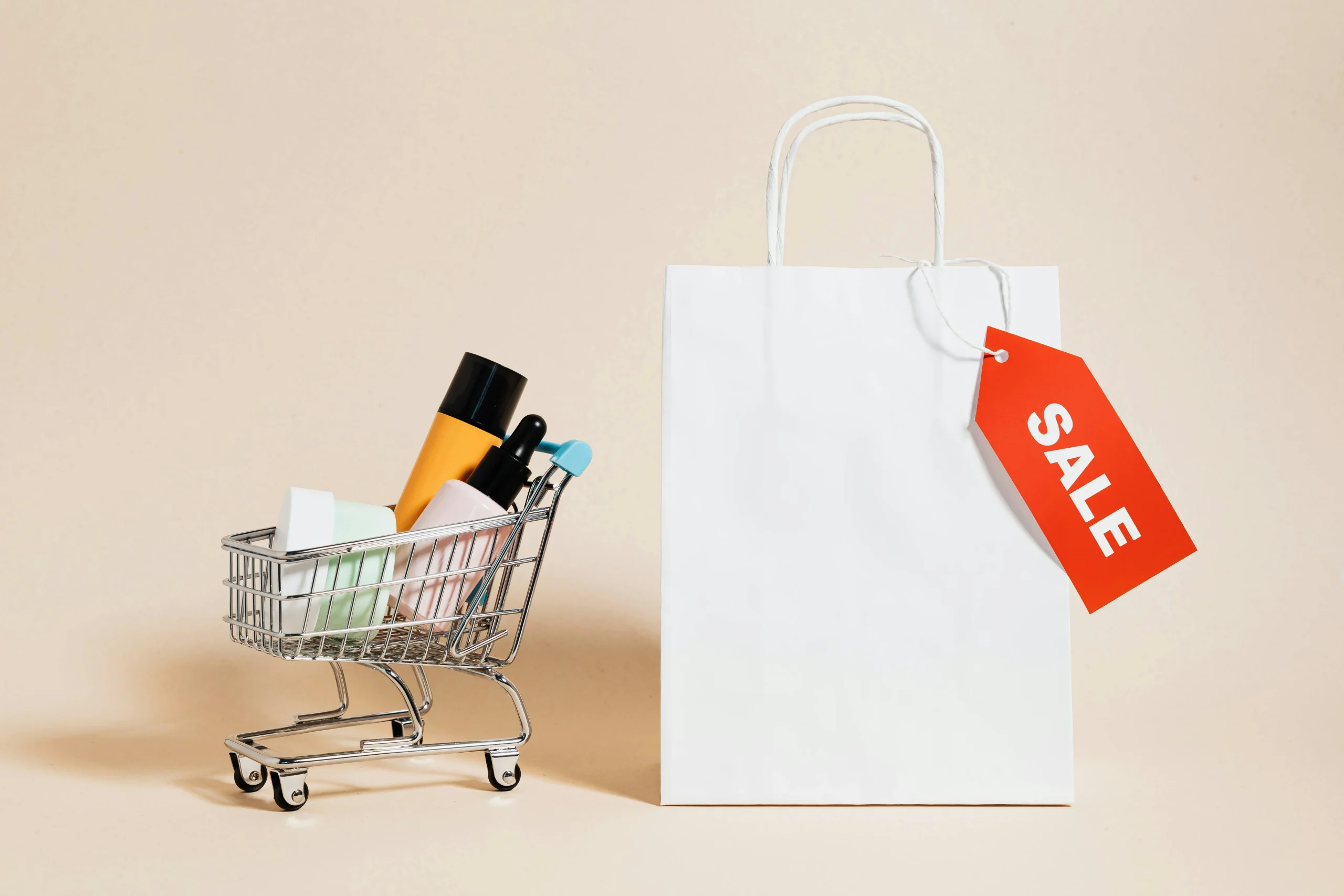
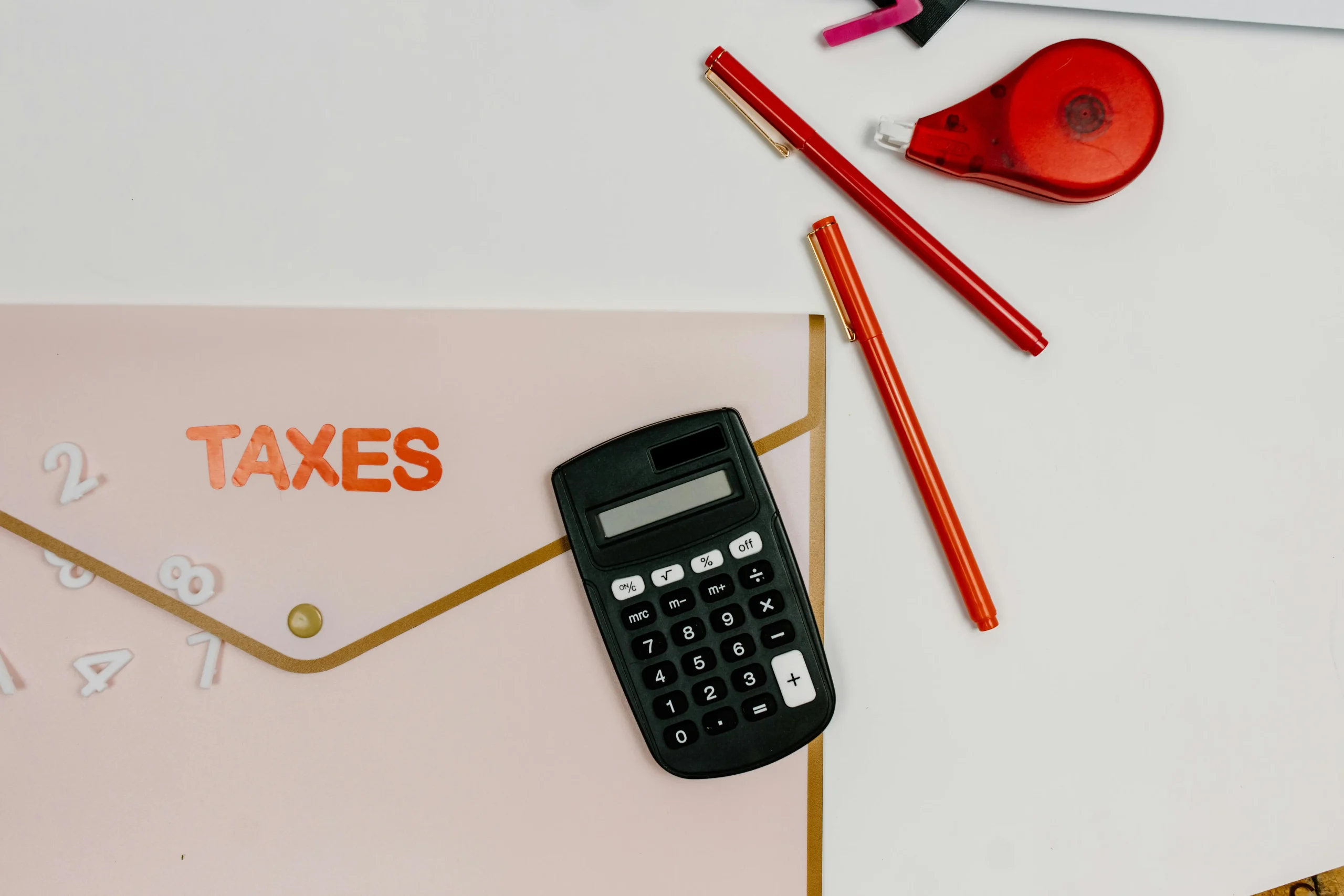
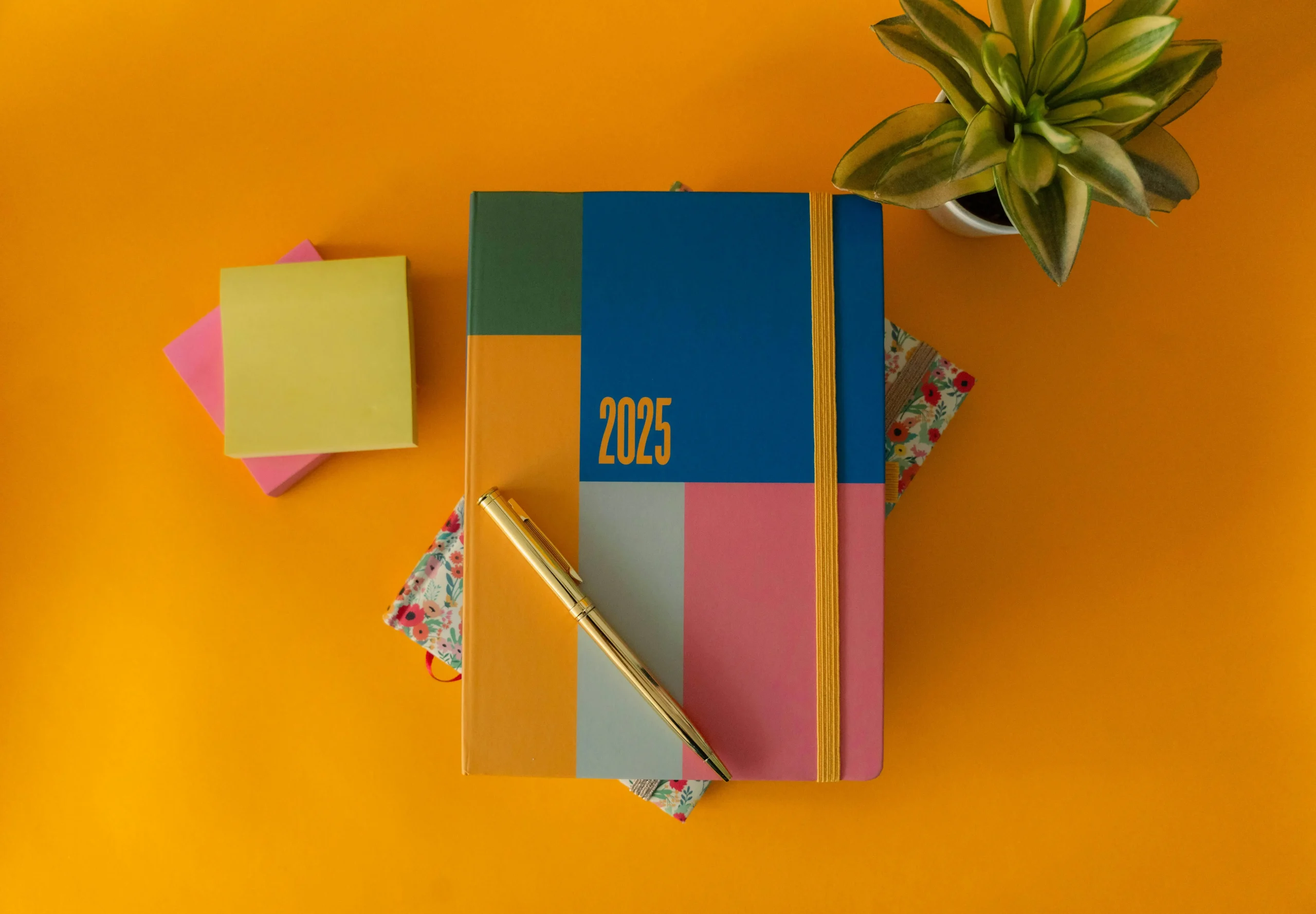
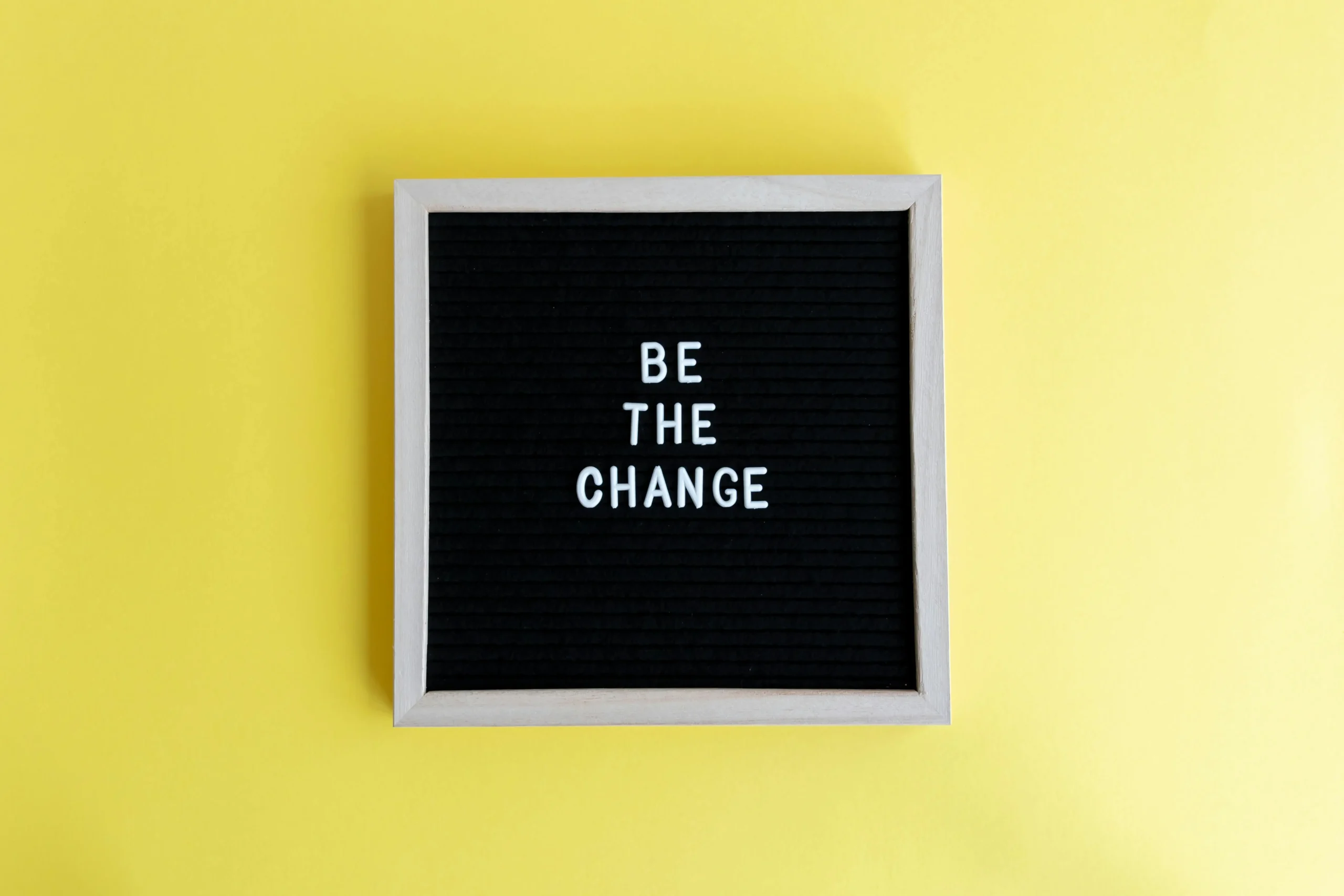



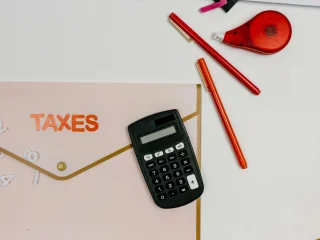
Leave Your Comment: